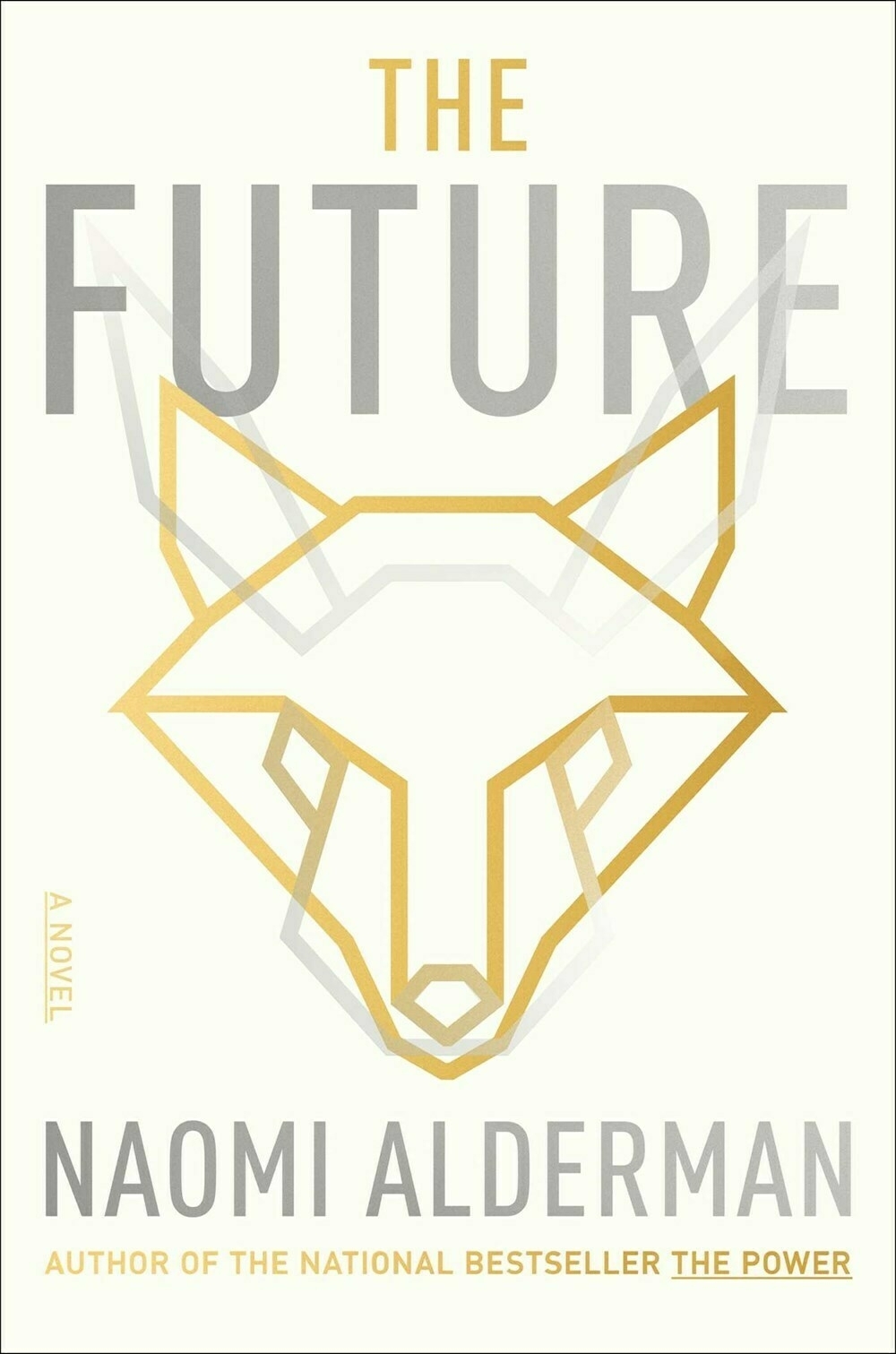📚 Finished reading The Future by Naomi Alderman.
This is by the same author as the rightfully extremely famous book “The Power”, which is now also a TV series. Most reviews I’ve seen seem to regard “The Future” as a distinct step down from its best-selling award-winning predecessor - not that it is a sequel as such; it stands alone. But I liked it at least as much, and possibly more, than her earlier one. Admittedly a lot of that might be because it plays directly into some of my stronger current prejudices.
It takes place in a world that’s basically a slightly ahead-in-time version of our own. There are three big tech firms that have managed to infuse themselves in almost every sphere of public and private life; let’s call them Facebook, Amazon and Apple. Well, to be fair, the book is slightly more subtle; Fantail, Anvil and Medlar. It so happens that Fantail basically does everything that Facebook does in our world, Anvil does everything Amazon does, and Medlar does everything Apple does.
Fun fact, a medlar is, in fact, a small unpleasant looking fruit which has, in its time, had such nicknames as “open-arse”. When cooked in a certain way it tastes like apple sauce. Clearly someone did their research.
Each is run by some kind of weird selfish billionaire who wields absolute power over their domain and that of their users who has an insatiable thirst for more profit. Nothing is ever enough. Just in case things go pear shaped (which, being largely in control of, they know it will happen at some point), they all have top secret bunkers to go hide out in in the event of some otherwise world-shattering event. I wonder where Alderman gets her ideas from, huh?
The story starts at a point where their fancy-schmancy exclusive AI watch - think ChatGPT but you can trust it and it costs a lot more than $20 a month - tells them that actually today is the day. It’s time to go pick up their wives and kids (if they can be bothered to) and hightail out of there like there’s no tomorrow. Because there may well not be for most of the rest of the population.
The story is vey good, but I particularly revelled in some of the descriptions of the harms these Definitely Fictional characters caused in their profit-seeking ventures.
A couple of examples:
If your data belongs to you, then you ought to decide exactly who uses it and how. You should be able to transfer it from place to place as you want, and access it as you like through any service. The reason they don’t let you do these things is not because it’s hard; it’s because it doesn’t make them more money.
This is not only true in the real world but it illustrates how contingent some of these decisions are, how deliberate and unnecessary. What seems inevitable in the world of technology rarely, perhaps never, is inevitable. It’s choices made by extraordinarily privileged people.
Another such choice that plagues our real world:
The type of emotional optimisation Anvil and Medlar and Fantail did as a matter of course every day. Each of their websites, thinscreen interfaces, smart torcs, burst displays and mobile phone applications had specific commands about what to show and what to bury. Certain emotions drove high engagement - people looked for longer at things that made them angry or afraid…
…
These sites presented themselves as a clear pane of glass through which you could see the world as it was. But they were really a distorting visor, showing you the version of the world that worked best for the board and stockholders of the companies
Algorithms are not inherently bad and wrong. It’s the choice of what to optimise them for that makes them so.
It wasn’t preordained by mystical forces that the primary goal of all mainstream social media networks, amongst other publishing entities, needed to be to capture the attention of users for longer than the users actually wanted to give it to them and make them click on things they didn’t really want to click on. It was preordained by the economic structure “we” chose to live under and the choice - choice! - of business structure that these organisations all ended up going with.
In another world - not Alderman’s one either - the goal could I have been, I don’t know, create world peace perhaps. Or at least try and make your users go away happy rather than angry and upset.
Unfortunately I can’t stop myself now. Here’s another snippet:
We despise the animals because they don’t think just like us, we use them and we hurt them. We invent gods, we invent aliens, now we make a friend out of fucking matchboxes. We want to say it “thinks” but is not true. We want to give it everything, let it make choices, believe it can care for us. It is image of a man made of paper and beads and we so fucking lonely we call it a friend.
Umm, have you visited friend.com recently?
I’ll stop before I give too much away, but if you hold any kind of scepticism about big tech, social media, AI, that kind of stuff then there’s probably something you’ll like here in a philosophical sense. If that’s something you’ve never thought about all that much, which I assume is the case for most normal sane folk, then you might inadvertently learn something about some of the problems people see with these systems by enjoying this novel. And if you don’t care about the topic at all, or virulently disagree with the passages I have to be fair very much handpicked to make a point above, then, well, hopefully you’ll still enjoy the story.
